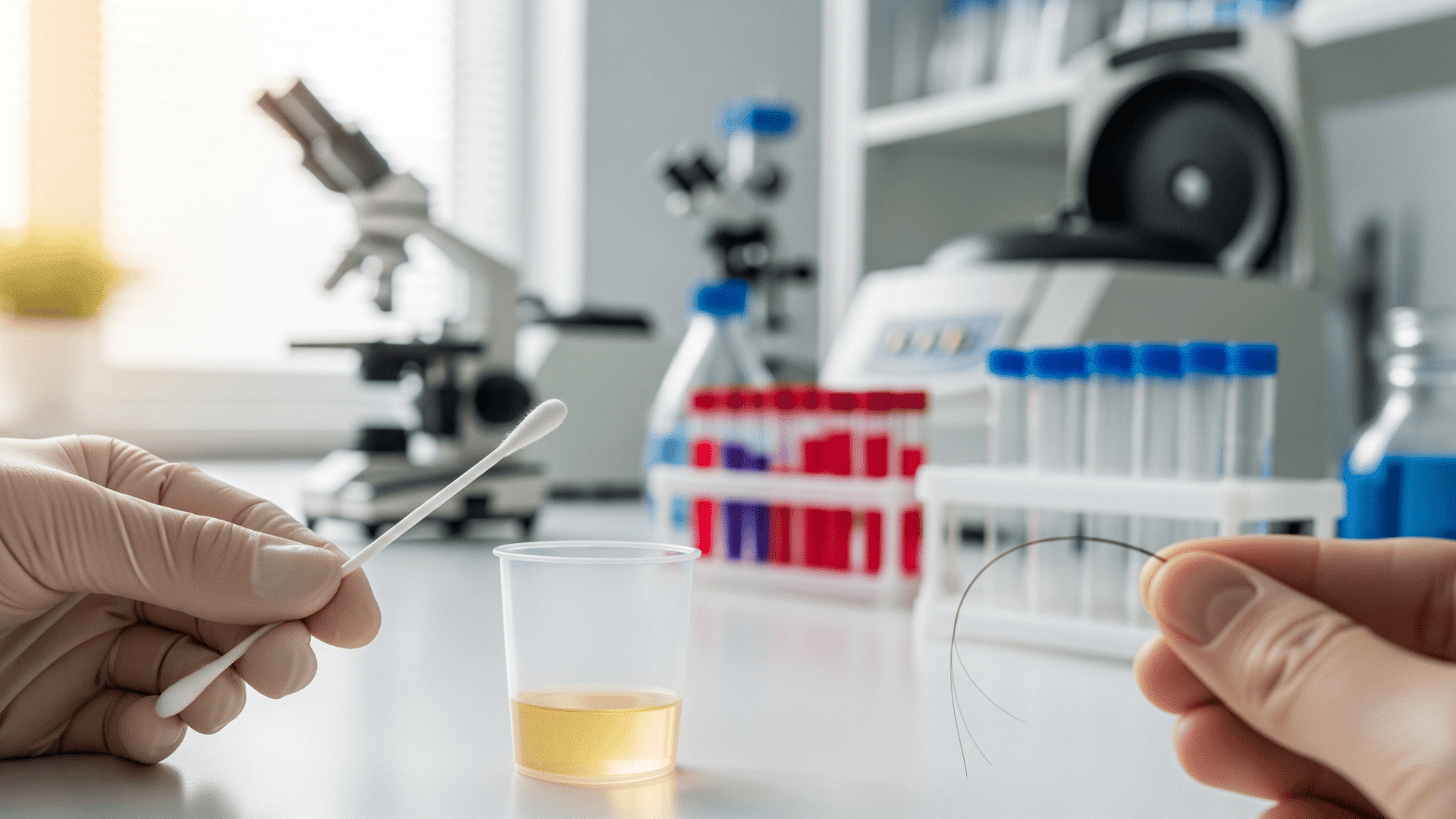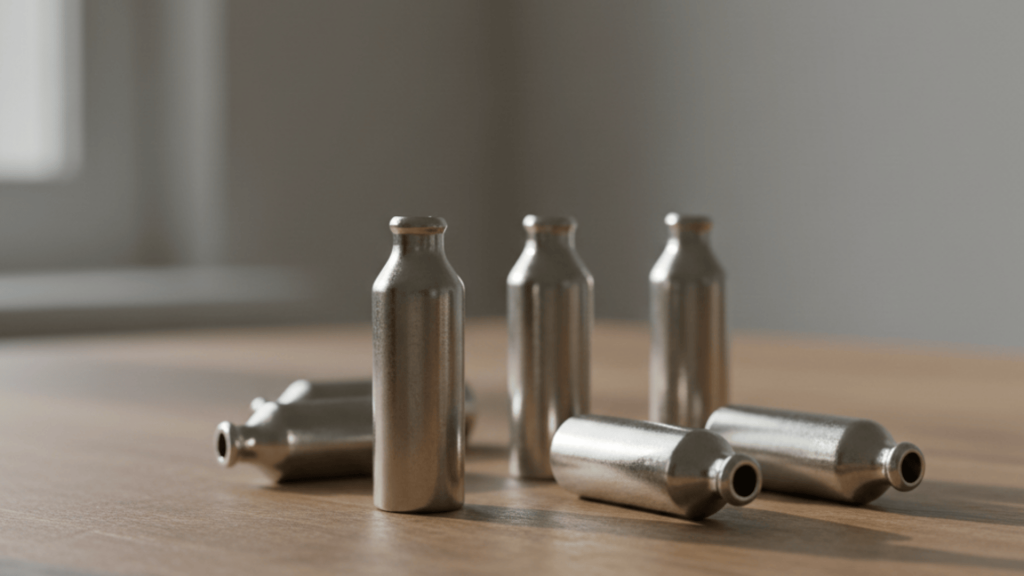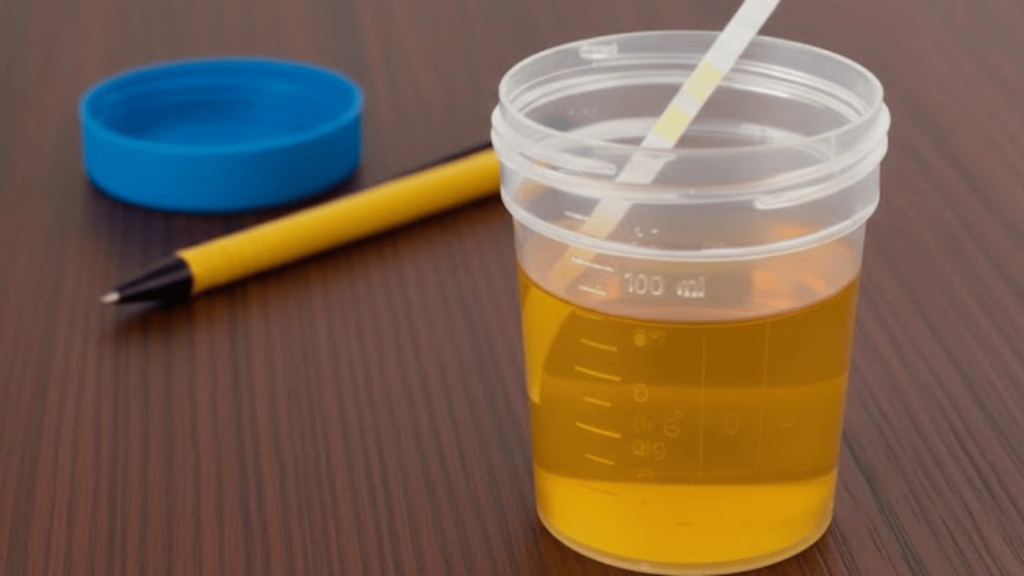Are you worried about drug testing and wondering exactly how long cocaine stays in your blood after use? I understand that knowing detection times can be really important for job interviews, legal situations, or health concerns.
Blood tests work differently from urine or hair tests, with their own specific timeframes for finding cocaine.
You’ll learn what affects how quickly your body processes cocaine and clears it out completely. Learning about detection windows helps you understand what to expect if you need drug screening.
I’ll also share the health risks that matter way more than just passing tests. Get ready for straight facts about cocaine detection in blood samples.
Disclaimer: This information is for educational purposes only and does not provide medical advice or encourage illegal drug use.
How Cocaine is Broken Down in the Body
When cocaine gets into your body, it travels through your blood to reach your brain and liver. Your liver works hard to break cocaine down into smaller pieces called metabolites for removal.
The main piece left behind is called benzoylecgonine, which sticks around much longer than cocaine itself. This leftover part is what shows up when doctors test for cocaine use in your system.
How fast cocaine breaks down depends on how much you use and how often you use it. The way someone takes cocaine also matters, whether they snort it, smoke it, or inject it directly.
Your age, weight, health, and how fast your body works all affect cocaine breakdown speed, too. Drinking plenty of water helps your body eliminate drugs and toxins more easily.
How Long Does Cocaine Stay in Your Blood?
Cocaine shows up in blood tests for about twelve to forty-eight hours after someone uses it. The main leftover piece, benzoylecgonine, stays in the blood a bit longer than cocaine itself does.
Blood tests for cocaine aren’t used very often because this detection window is pretty short. Hospitals or police may use blood tests during emergencies or in court cases when they need rapid answers.
Studies show blood tests work well for finding recent cocaine use but aren’t great for long-term checking. This makes blood testing most important when doctors or officials need to know about drug use right away.
Blood tests give quick results but miss cocaine use that happened more than two days ago. That’s why other testing methods are often better for checking longer-term drug use patterns instead.
How Long Does Cocaine Stay in Your System?

I’ve learned that cocaine detection times vary greatly depending on which type of test is used and your individual body factors.
Different testing methods can find cocaine anywhere from one day to three months after use, with urine tests being the most common:
1. Urine Tests
Urine tests are the most common way to check for cocaine use. Cocaine metabolites can usually be detected in urine for 2 to 4 days after last use. Heavy or chronic users may show positive results for up to two weeks.
The detection time varies depending on dosage, frequency, and individual metabolism. A 2021 study using sensitive assays confirms urine tests can detect cocaine metabolites well after use (PMC study). Urine testing provides a reliable, widely used method for monitoring recent cocaine use.
2. Saliva Tests
Saliva tests for cocaine detection usually show positive results for about 24 to 48 hours after use. These tests are popular in roadside and workplace drug screenings because they are quick and non-invasive. Detection time depends on factors like dose, frequency, and metabolism.
Research shows saliva tests can accurately detect cocaine and metabolites within this window, making them useful for short-term screening (Scheidweiler et al., 2010). Saliva tests are practical when immediate drug presence is needed, but don’t detect long-term use.
3. Hair Tests
Hair tests can detect cocaine use for up to 90 days or more, tracking long-term consumption patterns. This testing works because cocaine metabolites enter hair follicles and remain as hair grows.
A 2025 review highlights hair analysis as useful in forensic and clinical settings for long-term drug monitoring (ScienceDirect review). Hair testing is less common but crucial for understanding an extended drug use history.
Factors That Affect Detection Times
Several personal health factors can change how long cocaine stays detectable in your body after use. These individual differences explain why some people test positive longer than others for the same drug:
- Chronic cocaine users tend to accumulate the drug in fat tissues, causing it to stay detectable much longer than occasional users.
- People with faster metabolisms break down cocaine quickly, leading to shorter detection times in body tests.
- Dehydration can concentrate urine, making cocaine metabolites easier to detect during drug screenings.
- Liver health greatly impacts how fast cocaine is processed, so liver problems may lengthen how long cocaine stays in the body.
These factors help explain why detection times aren’t the same for everyone who uses cocaine. Your body’s unique characteristics play a big role in determining how long drug tests will show positive results.
Risks of Cocaine Use Beyond Detection

While people often worry about cocaine showing up in drug tests, the real danger is what it does to your health.
Cocaine can cause serious problems right away, like heart attacks, strokes, and high blood pressure that needs emergency care. These immediate risks can happen even if you’ve never used cocaine before or only tried it once.
Over time, cocaine use creates even bigger health problems that can last forever or kill you. Your mental health suffers badly, making depression, anxiety, and paranoia much worse than before using drugs.
Cocaine also damages your heart, brain, liver, and other important organs that keep you alive and healthy.
The drug is highly addictive, meaning many people can’t stop using it even when they want to quit badly.
How to Clear Cocaine from Your System Safely
Many people believe they can quickly flush cocaine out using special drinks, pills, or lots of water. These methods don’t actually work and can sometimes be dangerous or make you very sick.
The only real way to clear cocaine from your system is to stop using it completely and wait. Your body needs time to naturally break down and remove the drug through your liver and kidneys.
No special products, home remedies, or quick tricks can speed up this natural process your body does automatically.
If you’re struggling with cocaine addiction, the best step is getting professional help from doctors or treatment centers for safe support.
Wrapping It Up
Now you know how long cocaine stays in your blood depends on many personal factors like metabolism and usage patterns. I’ve explained that blood tests typically detect cocaine for a much shorter time than other testing methods.
Remember that trying to flush drugs out with special products or tricks doesn’t actually work at all. The biggest concern shouldn’t be passing tests but protecting your health and getting help if needed.
Cocaine causes serious immediate and long-term damage that can affect your entire life permanently.
Ready to learn more about drug testing or need support resources for addiction recovery? Comment below!






